Lift the siege and embargo
After 1975, Vietnam was unified but faced a series of economic, social, and international relations difficulties. The prolonged war left serious consequences, while Western countries imposed economic embargoes. Foreign aid and investment decreased, and Vietnam could not access financial institutions such as the International Monetary Fund (IMF) and the World Bank (WB). Vietnam also faced a series of "barriers" when accessing the international market.
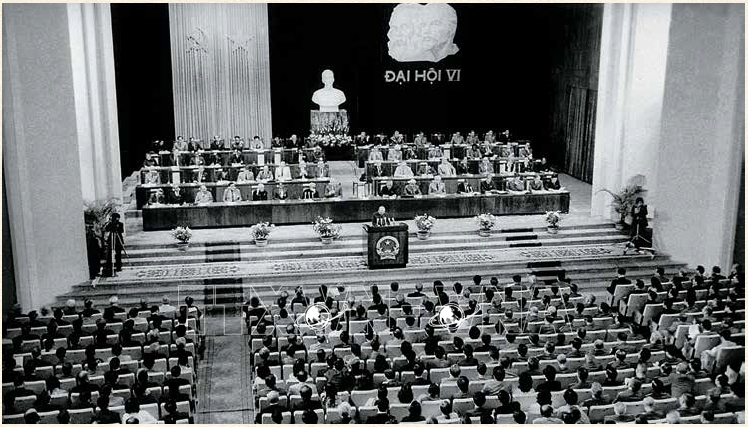
Faced with that situation, the Party and State have made important strategic adjustments. Foreign policy has shifted from “defense” to the principle of multilateralization, diversification and international integration.
The 6th National Party Congress in 1986 marked an important turning point in the Doi Moi process. In particular, foreign affairs were identified as an important front to break the siege and embargo, expand economic relations, attract investment, and improve international position. The policy of "Vietnam wants to be friends with all countries in the international community, striving for peace, independence and development" was formed and became the long-term foundation for foreign policy.
Vietnam’s diplomatic efforts during the “de-siege” period had an important milestone in normalizing relations with major countries. In particular, the important turning point was the normalization of relations with China in 1991 and with the United States in 1995.
Normalization with China not only eases regional tensions but also creates conditions for Vietnam to integrate more deeply into Asia. Along with that, relations with the United States, the world's largest economy, have continuously developed, from hostility to comprehensive partnership, especially in the fields of trade, investment, education...
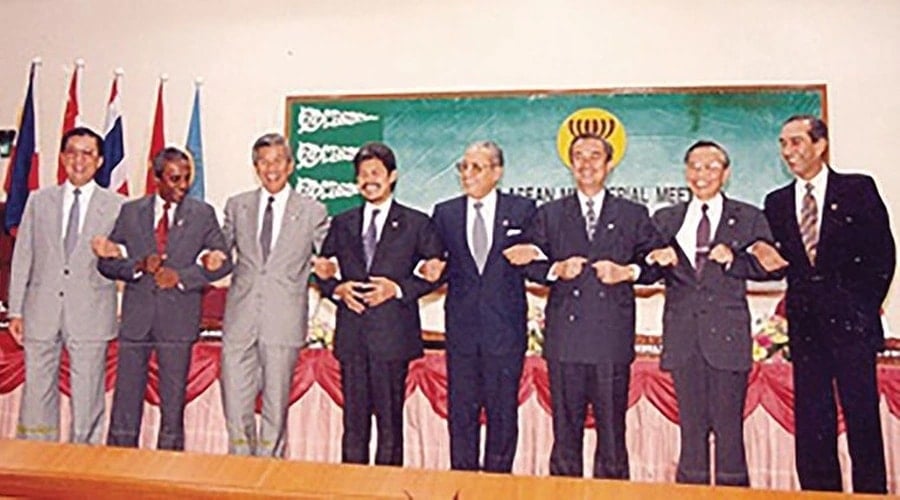
Along with promoting bilateral relations, Vietnam focuses on multilateral cooperation, joining ASEAN in 1995, joining the World Trade Organization WTO in 2007, and signing many free trade agreements (FTAs), both bilateral and multilateral.
These steps help Vietnam expand its cooperation space, reduce its dependence on a few markets, and enhance its role in global supply chains. International relations also help our country increase its influence, attract resources, and strengthen its position on global issues such as climate change, maritime security, and sustainable development.
Along with politics and security, Vietnam promotes economic diplomacy with the motto "taking economy as the center", creating conditions for domestic and foreign enterprises to access the market and expand investment. Cultural diplomacy and people's diplomacy are also focused, contributing to promoting the image of the country and people of Vietnam to international friends.
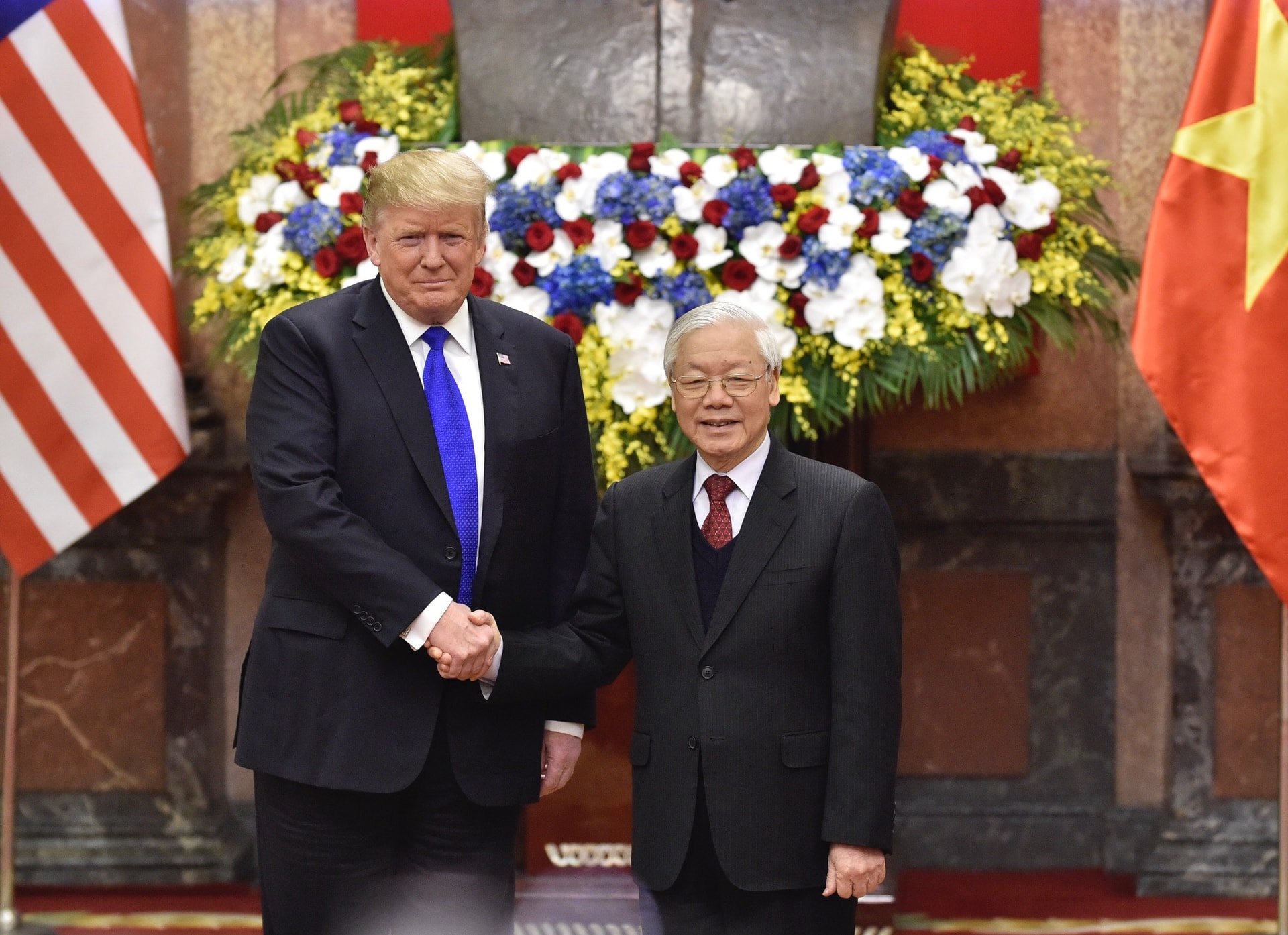
Such transformation of position and power is a testament to the stature, flexibility and important role of foreign policy in the country's development and integration process.
In the context of today's volatile world and complex strategic competition, Vietnam persists in its own foreign policy in international relations: "bamboo diplomacy". This is a foreign policy philosophy imbued with the cultural identity of the Vietnamese people. Bamboo - a tree symbolizing the Vietnamese countryside - is soft but has strong roots, a straight trunk, representing a spirit of resilience, indomitability and gentleness... Bamboo diplomacy is therefore a combination of flexibility and steadfastness, of flexibility in behavior and consistency in principles.
Diplomatic strategy based on trust
It can be said that in the 50-year journey since the country's reunification, Vietnam's foreign policy has always maintained flexibility and comprehensiveness, helping the country break the siege, create a development position and enhance the national position.
Speaking at the ceremony to celebrate the 30th anniversary of Vietnam joining ASEAN in March 2025, General Secretary To Lam affirmed that Vietnam is proud of the international integration process implemented over the past 30 years, in which ASEAN is the starting point and the premise for Vietnam to increasingly integrate deeply into the region and the world.
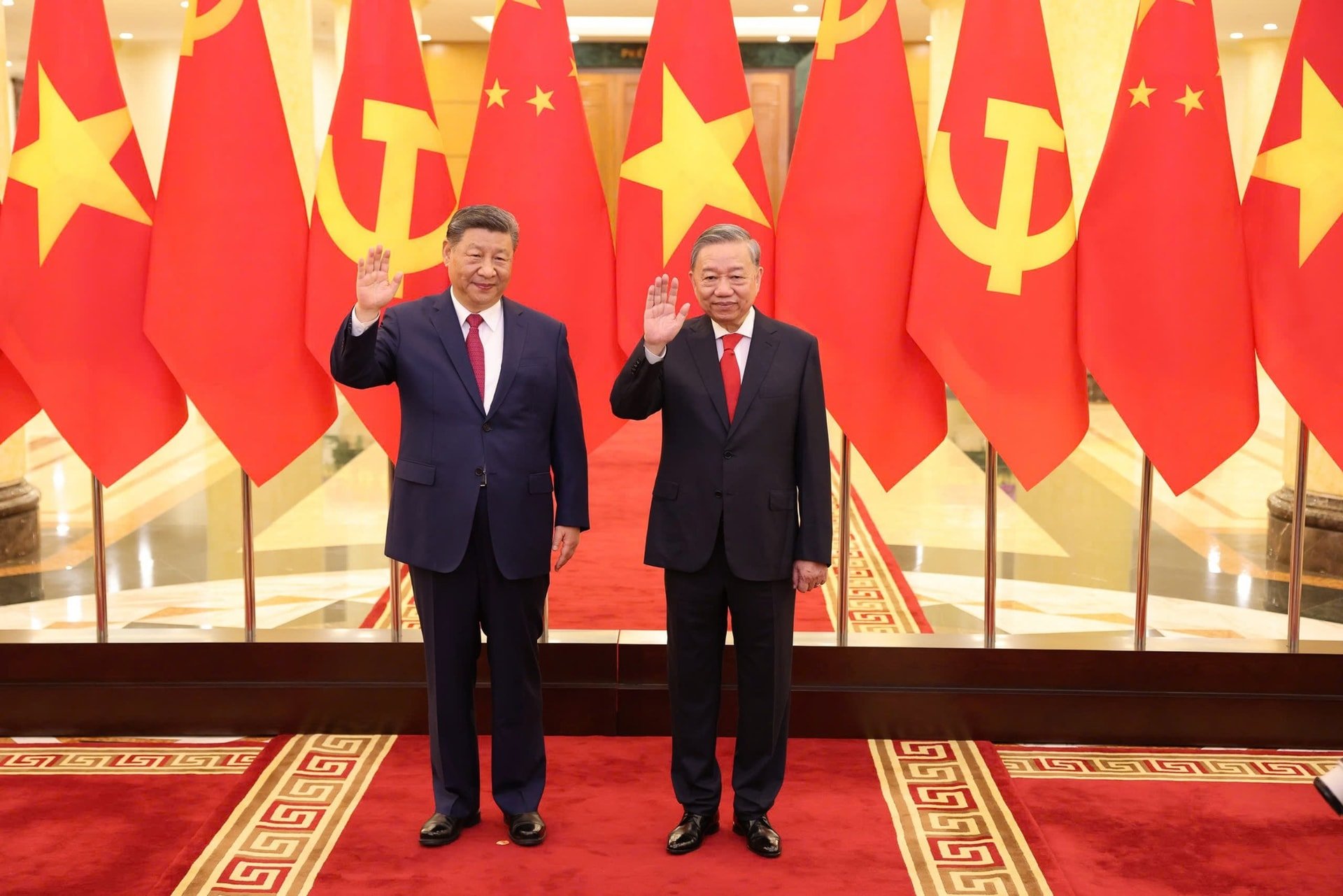
“From an isolated and embargoed country, Vietnam today has diplomatic relations with 194 countries and is a member of more than 70 regional and international forums and organizations. The network of free trade agreements (FTAs) that Vietnam has signed and implemented with more than 60 countries and economies has contributed to making Vietnam one of the 40 largest economies in the world and the top 20 economies in the world in terms of attracting foreign investment and trade scale,” the General Secretary of the Communist Party of Vietnam emphasized.
From being a closed economy with a shortage of foreign currency, it has now risen to become one of the fastest growing economies in the world. In 2023, our country's import-export turnover will exceed 700 billion USD, with major partners such as the United States, China, the European Union (EU), South Korea, Japan, etc. Foreign direct investment (FDI) has also grown impressively. Vietnam has become an attractive destination for investors thanks to its stable political environment, abundant labor resources, and preferential investment policies.
Vietnam is now an active member of the United Nations, the Human Rights Council, the Security Council (terms 2008-2009 and 2020-2021), and has successfully organized many major international events such as APEC 2017 and the 2019 US-North Korea Summit in Hanoi. This demonstrates the international community's trust in Vietnam's role and capacity.
Thanks to cultural diplomacy and international communication activities, the image of a modern, peaceful and friendly Vietnam is increasingly widely known. The wave of Korean and Japanese investment in Vietnam is not only for economic reasons but also due to the close relationship in culture and people. The Vietnamese community abroad has played the role of "people's ambassadors", contributing to the bridge between Vietnam and the world.
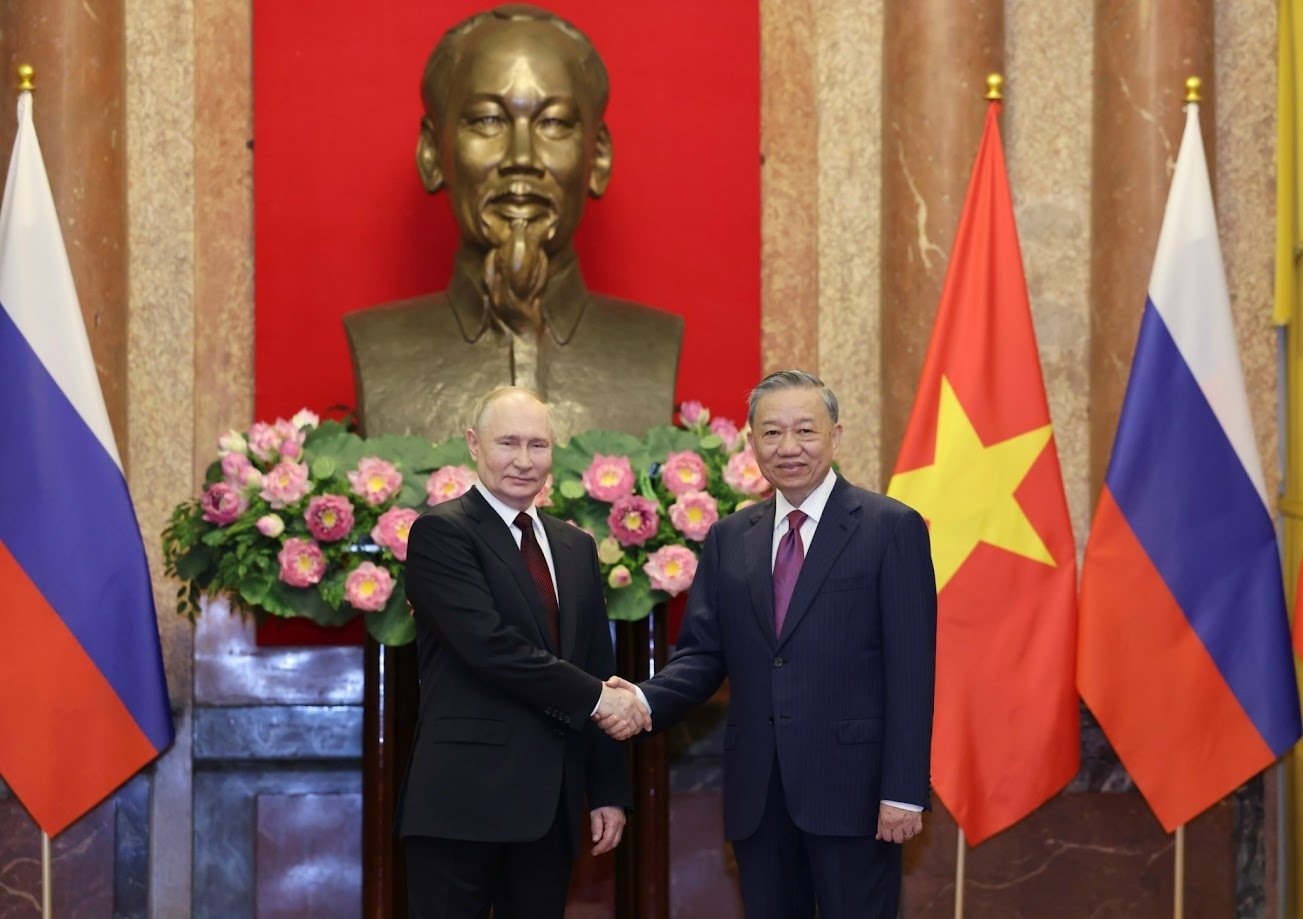
Looking to the future, Deputy Prime Minister and Minister of Foreign Affairs Bui Thanh Son said that, inheriting the tradition of previous generations, today's diplomacy has created a favorable and open foreign situation for protecting and building the Fatherland; moving from simple economic integration to deep and comprehensive international integration, promoting the core and leading role in important issues and mechanisms of strategic significance, in line with our interests as well as making practical and responsible contributions to solving common problems of the world.
That is to say, in the current revolutionary stage, diplomacy "serving development" mobilizes favorable external conditions and resources such as trends of peace, cooperation and development, consensus in creating and consolidating a multipolar, multi-center, fair, equal world based on international law; new development trends that are shaping the world such as green economy, digital economy, circular economy and especially the achievements of the scientific and technological revolution that are opening up new breakthrough opportunities such as artificial intelligence, semiconductors, etc. Diplomacy will pioneer in opening up cooperation with leading countries and corporations; opening up capital and knowledge sources from innovation centers; enhancing Vietnam's position in the global production and supply chain, etc.
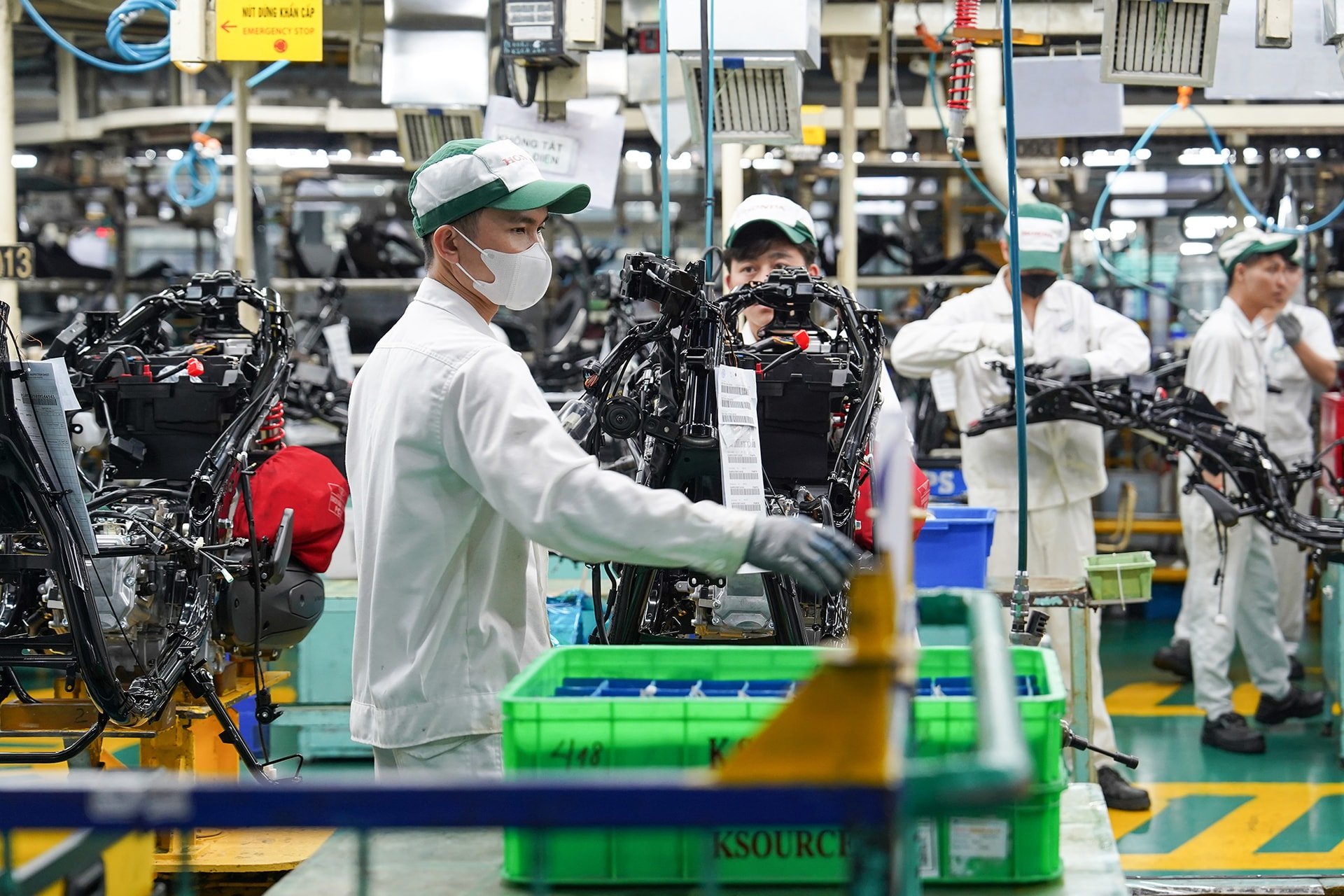
“In the era of innovation, diplomacy has pioneered in breaking the embargo, bringing the country into international integration, opening a new stage of development for the country… Diplomacy will continue to make efforts to serve the country, serve the people, and ensure the highest national and ethnic interests in the new context,” affirmed Deputy Prime Minister and Minister of Foreign Affairs Bui Thanh Son.
Source: https://hanoimoi.vn/doi-ngoai-viet-nam-50-nam-hanh-trinh-dua-dat-nuoc-tro-thanh-ban-be-doi-tac-uy-tin-tren-toan-cau-700897.html



![[Photo] Mass parade to celebrate 50 years of national reunification](https://vphoto.vietnam.vn/thumb/1200x675/vietnam/resource/IMAGE/2025/4/30/825e459ee2f54d85b3a134cdcda46e0d)

![[Photo] Panorama of the parade celebrating the 50th anniversary of the Liberation of the South and National Reunification](https://vphoto.vietnam.vn/thumb/1200x675/vietnam/resource/IMAGE/2025/4/30/affbd72e439d4362962babbf222ffb8b)
![[Photo] The parade took to the streets, walking among the arms of tens of thousands of people.](https://vphoto.vietnam.vn/thumb/1200x675/vietnam/resource/IMAGE/2025/4/30/180ec64521094c87bdb5a983ff1a30a4)
![[Photo] "King Cobra" Su-30MK2 completed its glorious mission on April 30](https://vphoto.vietnam.vn/thumb/1200x675/vietnam/resource/IMAGE/2025/4/30/5724b5c99b7a40db81aa7c418523defe)
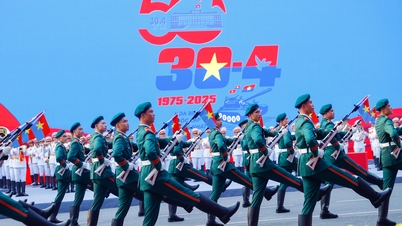

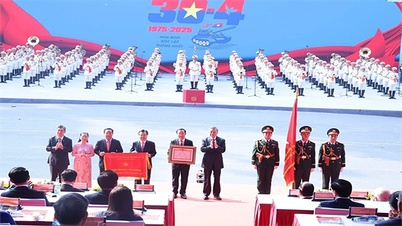

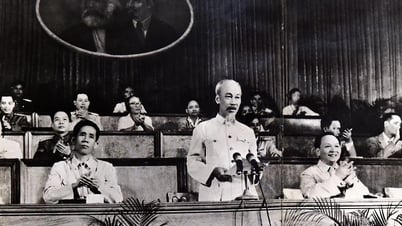
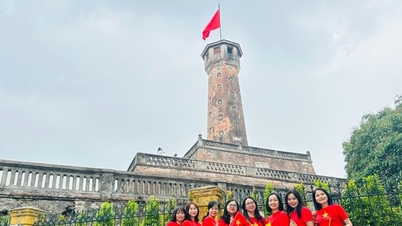




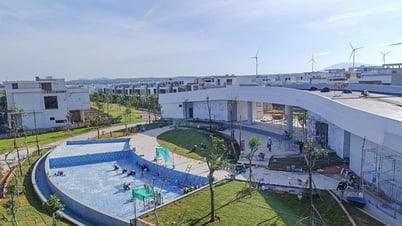

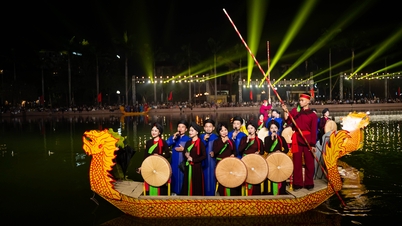

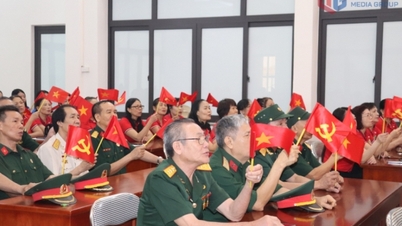
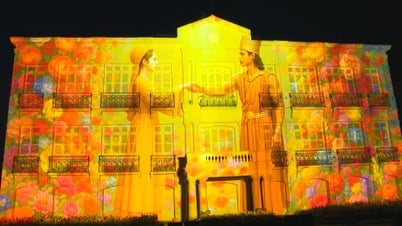




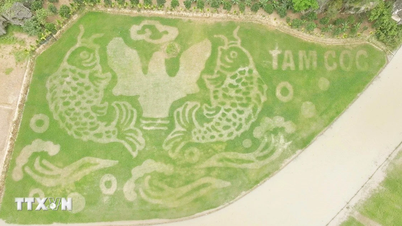














































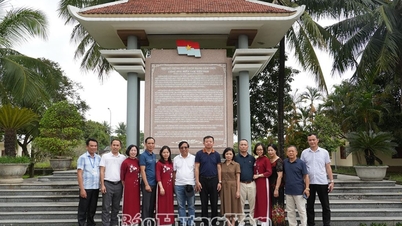

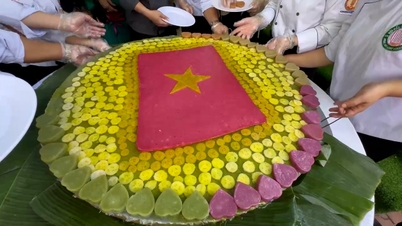














Comment (0)